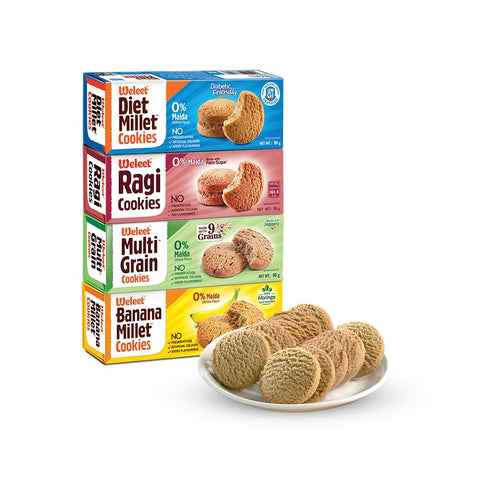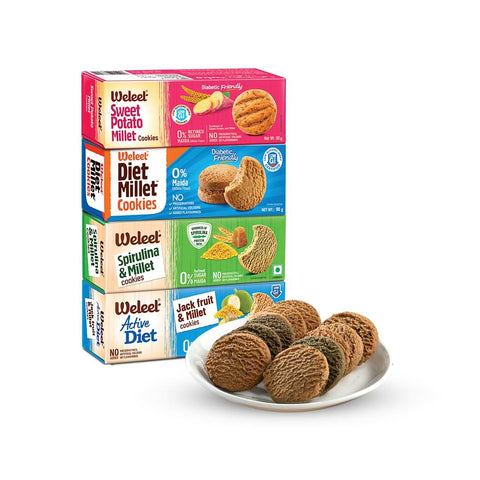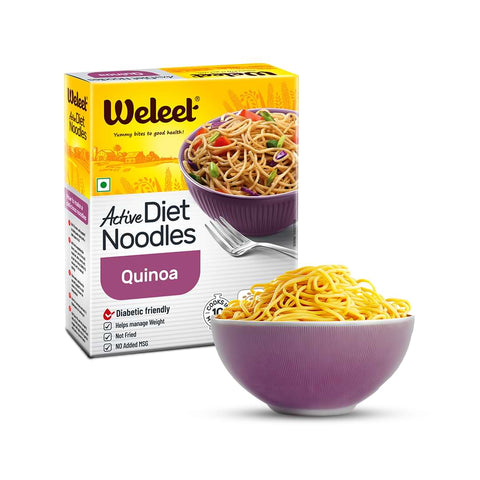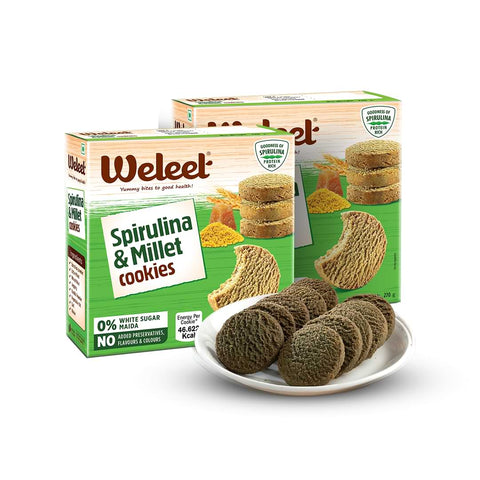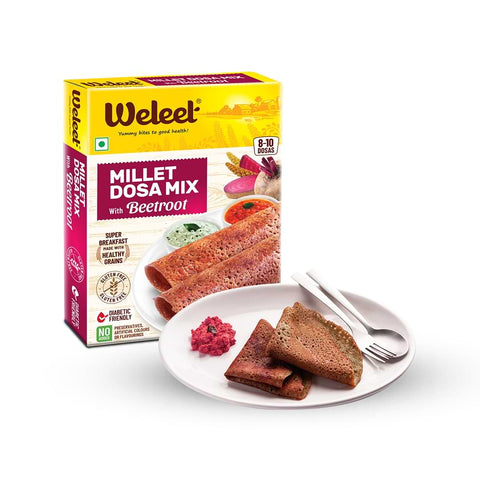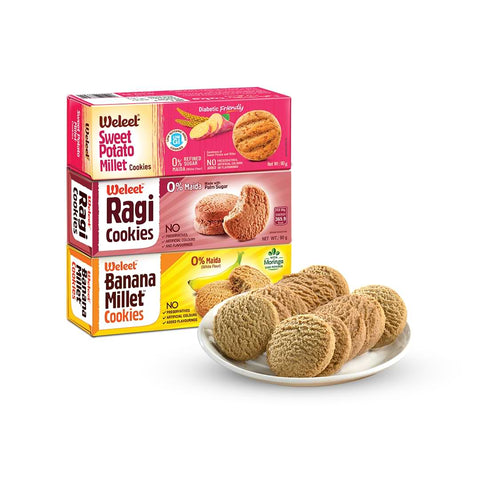In 2023, the United Nations designated it as the International Year of Millet, shedding light on this ancient grain’s numerous benefits and potential. Millet, often referred to as a “smart food,” is gaining global recognition due to its exceptional nutritional profile, environmental sustainability, and its ability to address critical issues like hunger, malnutrition, and climate change. This blog post will delve into the significance of the International Year of Millet and explore why this grain holds immense promise for our future.
Millet: A Nutritional Powerhouse
Millet stands out as a nutritional powerhouse due to its impressive composition. It is rich in fiber, protein, vitamins, and minerals, making it a valuable addition to a healthy diet. The fiber content in millet aids digestion, promotes satiety, and helps maintain stable blood sugar levels. Comparatively, millet often surpasses other grains like wheat, rice, and corn in terms of its nutrient density, making it an excellent choice for those seeking optimal nutrition. Additionally, millet’s health benefits extend beyond basic nutrition, with studies indicating its potential role in preventing chronic diseases and improving overall well-being.
Addressing Global Food Security Challenges
Millet has a long history as a staple food in various regions around the world. Its cultivation and consumption are deeply rooted in cultural traditions, making it an essential part of the diet in many communities. The resilience of millet as a crop is noteworthy, as it can thrive in harsh environments with minimal water and fertilizer requirements. This makes millet an ideal choice for regions facing water scarcity or adverse climate conditions. Moreover, millet’s suitability for small-scale farming presents an opportunity to empower smallholder farmers, promote sustainable agriculture, and contribute to global food security.
Millet for a Sustainable Future
The cultivation of millet offers significant environmental benefits. Millet has a low carbon footprint compared to other grains, contributing to reduced greenhouse gas emissions. Additionally, millet requires less water compared to crops like rice, making it an environmentally-friendly choice. The cultivation of millet also promotes biodiversity preservation as it can help preserve traditional and indigenous seed varieties, thus protecting valuable genetic resources. Furthermore, the integration of millet into regenerative farming systems enhances soil health, promotes agroecology, and supports sustainable land management practices.
Millet in Culinary Delights
Millet’s culinary versatility adds to its appeal. It can be used in a wide range of traditional and innovative recipes, showcasing its adaptability and ability to add depth and variety to meals. Millet serves as an excellent gluten-free alternative, catering to the needs of individuals with gluten intolerance or celiac disease. Its incorporation in regional dishes not only adds unique flavors and textures but also promotes local cuisines and cultural heritage. Additionally, millet’s potential for culinary tourism highlights the intersection between food, culture, and travel, creating opportunities for exploration and appreciation of diverse culinary traditions.
Promoting Awareness and Collaboration
The designation of the International Year of Millet 2023 serves as a platform to raise awareness about the benefits of millet and promote its consumption worldwide. Advocacy and education initiatives are crucial to disseminate knowledge about millet’s nutritional value, environmental advantages, and its role in addressing global challenges. Collaboration and partnerships among governments, organizations, and individuals are vital to leveraging the potential of millet fully. By joining forces, we can support farmers, promote sustainable farming practices, develop innovative millet-based products, and create a robust market demand for millet, ultimately contributing to a more sustainable and resilient future.
The International Year of Millet 2023 provides a unique opportunity to recognize and harness the potential of this humble grain. By embracing millet as a nutritional powerhouse, promoting its cultivation and consumption, and collaborating on a global scale, we can pave the way to a healthy life and a healthy planet




